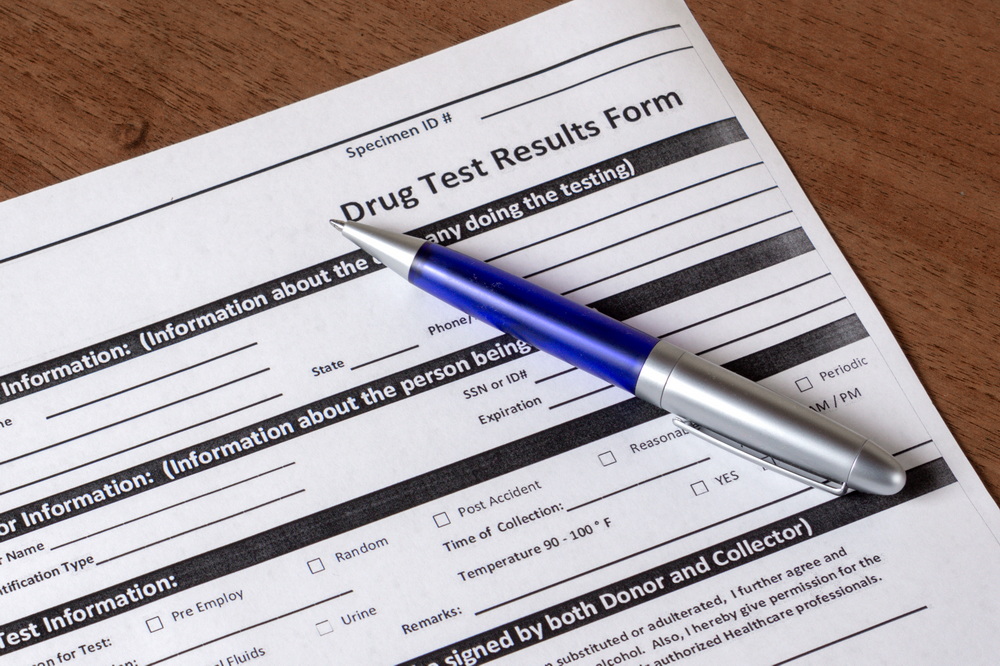
It goes without saying that plenty of businesses with drug testing policies insist on testing for marijuana. Some do so because they want to, others because they have to. In addition, there are four different tests that employers can use. Two of them are fairly common while the other two are rarely used for employment purposes.
Each of the four medical tests is described below. As you read, bear in mind that employers have the legal right to test for marijuana as they see fit. Despite medical and recreational legalization in dozens of states, lawmakers have chosen not to pre-empt an employer’s right to test and take subsequent action based on test results.
Also note that THC can remain detectable for quite some time. As explained by Salt Lake City’s Beehive Farmacy, how long THC remains in a person’s system depends on frequency of use, delivery method, a person’s weight and metabolism, and other factors. Each of the four tests has its own ‘shelf life’ as well.
-
1. The Urine Test
The urine test is by far the most popular. It is the easiest to administer and the most a cost-effective in terms of analysis. Urine tests can detect THC for as long as 30-45 days from the person’s last consumption of THC. The test relies on measuring a certain amount of THC per milliliter of urine. A typical test is looking for a minimum of 50 ng/mL.
Practically speaking, your urine could contain 40 ng/mL and still produce a negative test. This opens the door to potentially passing a test by using a detox drink or kit on the day of a scheduled test.
-
2. The Hair Test
Second only to the urine test is the hair test. Although this particular test was not made popular until a few years ago, it is quickly catching on due to its reliability and longer shelf life. A hair test can detect THC for up to 120 days.
The hair test is based on the reality that hair grows pretty slowly. The test has two parts: one that utilizes gas chromatography/mass spectrometry, and another that uses an immunological assay. If both parts of the test produce a positive result, it is assumed that the person being tested has used marijuana within the previous 120 days.
-
3. The Blood Test
Though less popular and more expensive, blood tests may be the choice when an employer is hoping to detect very recent marijuana use. The test is reliable because THC enters the bloodstream as a direct result of consumption. If you are smoking or vaping, marijuana is detectable in the blood almost instantly. It could take a couple of hours if you are using edibles, tinctures, etc.
For the record, the blood test also has a longer shelf life than the urine test. It can detect THC in the blood for up to 60 days.
-
4. The Saliva Test
Finally, the saliva test is rarely used by employers because its shelf life is only 1-7 days. It is conducted by taking a mouth swab and then testing the saliva for THC residue. More often than not, this test is used for roadside evaluations when law enforcement believes a person might be driving under the influence.
Remember, employers still have the legal right to test for marijuana. Even if you use cannabis medically, you may be subject to a drug test at work. It is best to speak to your employer about medical use before it becomes a problem. As for recreational use, you pretty much have to take your chances with employer testing.

